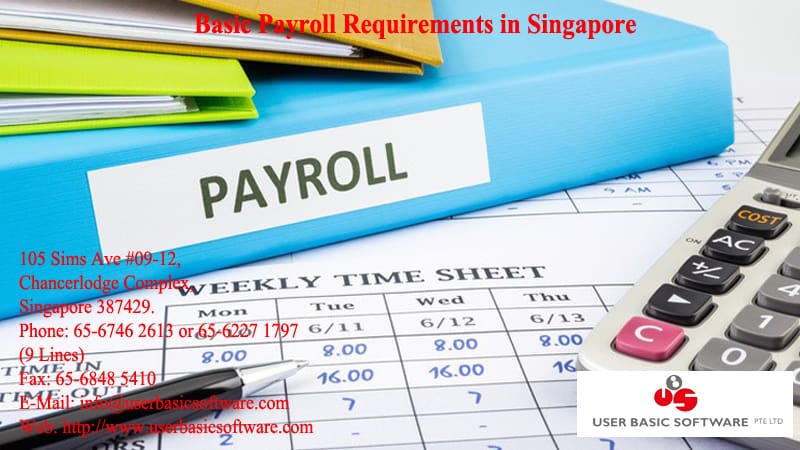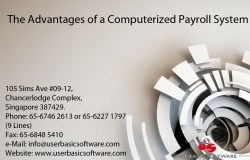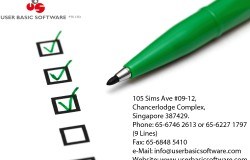Singapore is one of the countries that do not enclose a minimum salary condition. Based on the Employment Act of Singapore, wages refer to all remuneration, including allowances allocated to an employee for work done on the basis of the contract of service. It does not include traveling, food, or housing allowances.
Employers must pay salaries at least once a month, or at shorter intervals if they choose. Salaries must be paid within 7 days after the end of the salary period – non-payment of salary is an offense.
As of 1 April 2016, all employers must issue itemized payslips to employees covered by the Employment Act. Hard or soft copies are acceptable and should include details such as the date of payment, basic salary, and allowances, overtime pay, salary period, as well as deductions made. Failure to do so will result in a fine.
The Central Provident Fund (CPF) is a mandatory contribution by the employer and employee. An employee, who is a Singaporean or Permanent Resident (PR) of Singapore, and employers are obliged to make CPF contributions based on the rates set by the CPF board. The rates differ based on the employee’s age, and also the number of years after obtaining PR status. Employers are required to pay the employer’s and employee’s share of CPF contribution monthly for all employees within a time frame of 14 days after the end of the month. Employers who fail to do so might face penalties or fines.
Are you keeping detailed employment and salary records for your employees? In Singapore, employers are expected to keep two years of such records for all employees. Records of ex-employees must be kept for one year after they leave employment. This information will be used by IRAS for their assessment of employees’ tax liability. Additionally, if your company hires foreign workers, you must notify IRAS and seek tax clearance for the foreign employees by filling Form IR21 at least one month before the employee ceases employment in Singapore, is on an overseas posting, or leaves Singapore for a period that exceeds three months. This is to ensure that all foreigners working in Singapore duly fulfill their tax liabilities.
There are many other considerations and statutory payroll requirements that one needs to be aware of. Always ensure that you are kept up-to-date with the latest legislative changes, so as to avoid costly mistakes.














